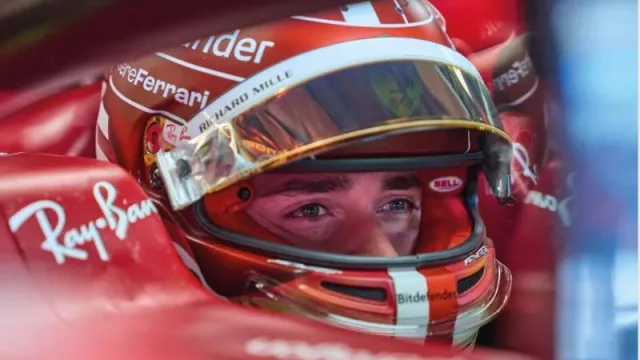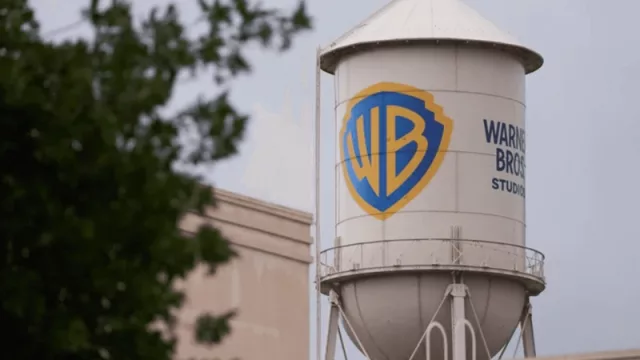The 5 Pillars of a Powerful Media Strategy
-
Strategic Diversification: Major brands like Coca-Cola opt for a variety of advertising approaches, from sponsorships to outdoor ads and immersive experiences, rather than exclusively focusing on digital media.
-
Non-Uniform Investment: Despite the growth in digital media investments, distribution is not uniform; larger companies diversify their channels, while younger ones can benefit from video ads and influencer marketing.
-
Strategic Media Selection: Choosing the right media is essential and varies based on the target audience; businesses should consider traditional media like television and print, especially for reaching older consumers.
-
Strategy Options: Besides media investment, companies can opt for branding, public relations, and direct marketing to effectively reach their audiences.
-
Education in Product Placement: Placing or integrating products is a valuable strategy, not exclusive to big brands; any company can benefit, but lack of education in this area limits its adoption in contemporary marketing. It's the oldest, most flexible, most credible, and strongest strategy, yet most brands don't use it because they don't know how to execute real placement dynamics.
Navigating the Harmonic Landscape of Digital Investment
When it comes to digital media investments, the conversation often revolves around platforms like Google or Facebook. These platforms have experienced exponential growth, leading many companies to focus on online advertising. However, it's crucial to recognize the marked difference between the millions of online advertisers compared to the few players in offline media, such as television, radio, and out-of-home advertising.
Powerful brands like Coca-Cola, Pepsi, Apple, Heineken, Adidas, Red Bull, and others do not allocate the majority of their marketing budgets to Google or Meta. And neither do most successful B2B companies. Startups and thriving businesses invest in a wide range of strategies, including sponsorships, local promotions, outdoor advertising, immersive experiences, branded logistics, team uniforms, merchandising, demo events, and customer loyalty programs.
The key lies in the diversity of digital and offline investments and real experiences.
Without a doubt, digital advertising has experienced tremendous growth in recent years. According to eMarketer, worldwide spending on digital media advertising will surpass $517 billion in 2023, marking a compound annual growth rate of 17.6% since 2018. However, the digital media investment landscape is not uniform across all companies.
Highly successful corporations, in particular, do not allocate 60% of their budgets to digital media. These companies have a variety of media options available, including television, radio, print, cinema, outdoor advertising, and events. In fact, digital media investments can be as low as 10% for some companies focused on consumer goods.
Reevaluating Exclusive Digital Culture
It's essential to consider that selecting the right media is crucial for a successful marketing strategy. Not all companies need to use the same channels to reach their target audience. For instance, companies targeting older consumers may benefit more from traditional media advertising like television or print. On the other hand, younger audiences might respond better to product placement in videos, influencer content, series, games, or live events.
Furthermore, it's crucial to recognize that media investment is not the only marketing tool at a company's disposal. Brands can invest in branding, public relations, direct marketing, and other strategies to reach their target audience. The right strategy choice depends on factors such as budget, target audience, desired message, and competition in the market.
Broadening Horizons: Media and Budgets
Companies targeting younger consumers might find value in advertising at concerts, shows, bars, and clubs. Lastly, product placement, also known as integrating products into media content, is a surprisingly flexible and effective marketing technique. Although relatively unexplored, we will soon provide detailed information on how any tech company can harness its power, going beyond the iconic Ray-Ban glasses Tom Cruise sported in Top Gun.
Discovering and executing the strategy that yields the best results and aligns with the current era of integrated content (product placement)
Most companies and public figures are unaware of the secrets and benefits that product integration brings, whether in a radio show or an influencer's reel. This lack of knowledge stems from a mix of biases, lack of information, and cognitive biases. Many believe that only major brands can afford product placement, mistakenly assuming that smaller brands or local startups can't benefit. This misconception has endured due to limited education and incomplete understanding of this marketing strategy.
Integrated products are a technique anyone can employ.
First and foremost, product integration is not exclusive to big brands. Any company, brand, celebrity, or startup can leverage this marketing strategy in plays, TV shows, videos, or radio broadcasts, whether locally, nationally, or internationally. Product placement offers a powerful means to subtly and non-intrusively create brand awareness and promote products or services. Additionally, this strategy enhances brand image by associating it with popular films or shows.
One of the key benefits of product placement lies in its ability to genuinely and naturally reach a specific audience. Unlike traditional ads that interrupt the viewer's experience, product placement seamlessly integrates into the storyline. This fosters a stronger connection between viewers and the product, increasing interest. Furthermore, product placement also serves as a tool for storytelling and character development.
Overcoming Cognitive Biases and Risks
-
Cognitive bias often hinders the adoption of new marketing strategies. People tend to cling to their beliefs and reject anything that contradicts their perspective. Some might think product placement is ineffective or too costly for their brand. However, it's essential to remember that product placement is not a one-size-fits-all solution for all brands, and each campaign must tailor to the specific needs and goals of the company.
-
The advertising industry, in general, focuses on quantity and repetition in ad sales, making product integration a challenge for media agencies. Unlike traditional advertising, where ads are widely distributed across various media, product placement requires a more precise and personalized approach. Media agencies must closely collaborate with content producers to seamlessly and effectively integrate products into the story.
-
Another reason why education in product placement is limited is that it relies on a deep understanding of human behavior and neuromarketing. The success of product placement depends on how products seamlessly integrate into the story and emotionally connect with viewers. This requires a detailed understanding of cognitive processes in the human brain and how they can be leveraged to influence purchasing decisions.
-
Product integration comes with greater risk for brands.
-
Unlike traditional ads, where brands have more control over ad content and placement, product placement involves ceding control to the content producer or creator. This exposes brands to the possibility of misrepresentation or even negative critiques in the integrated content.












Tu opinión enriquece este artículo: